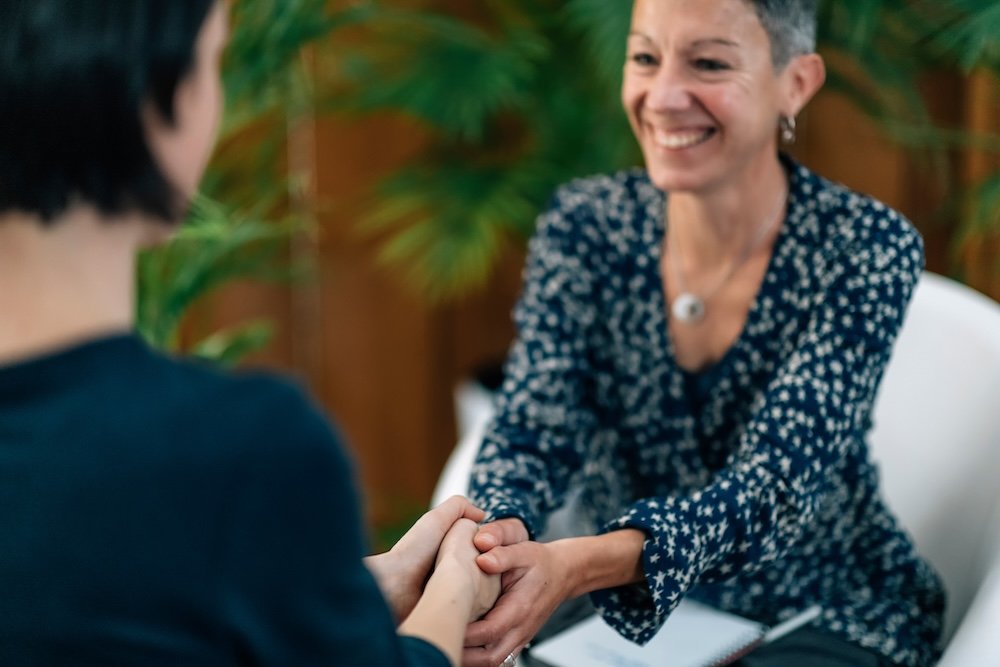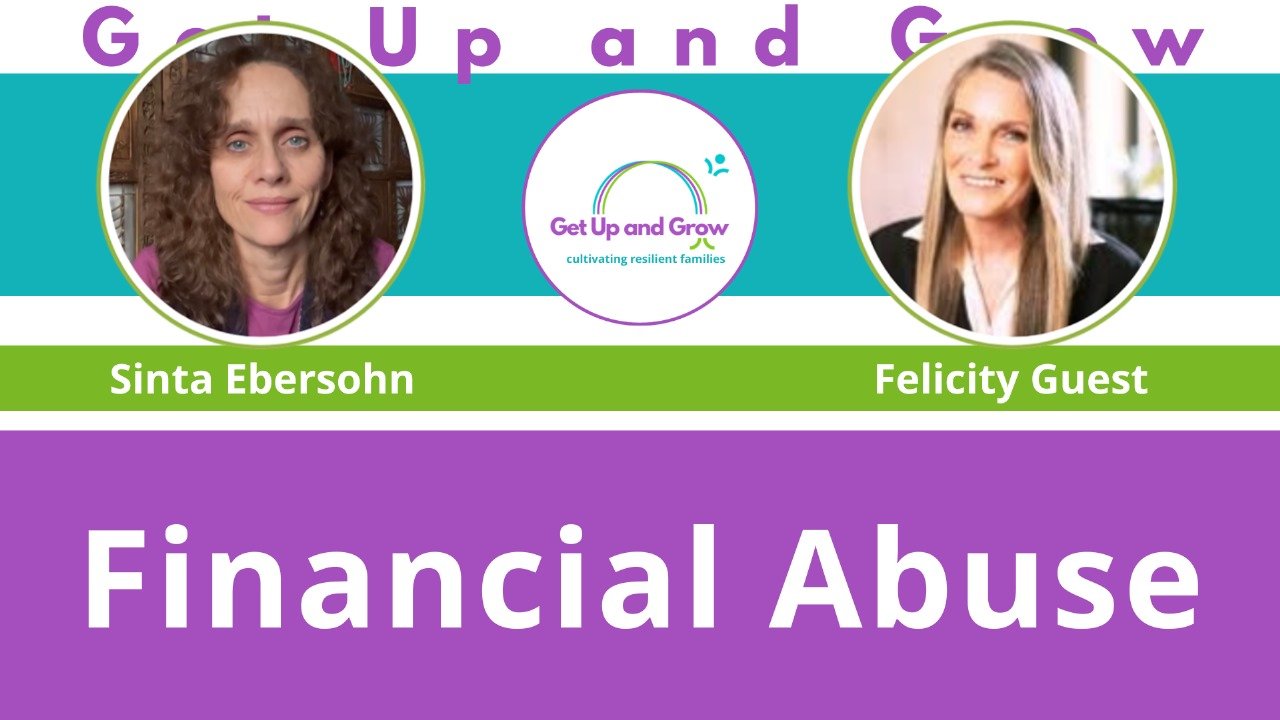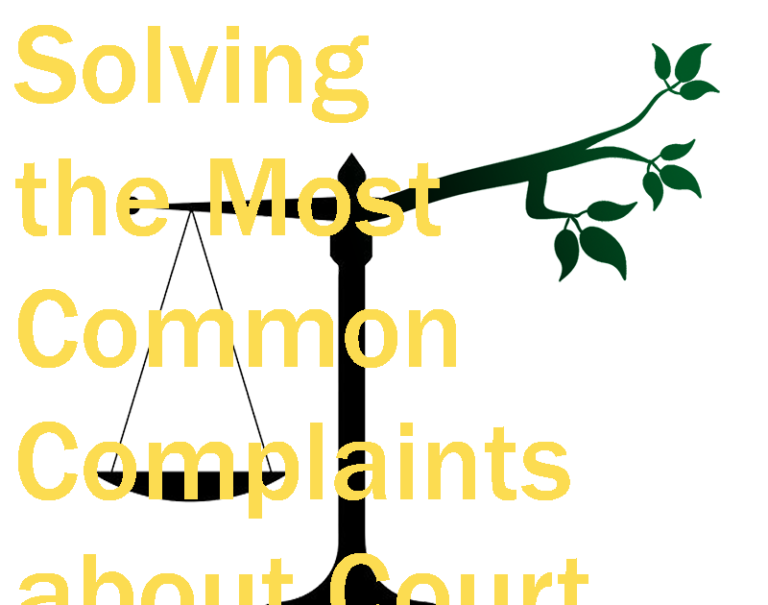Trending This Week

Difference Between a Coach and Therapist
- By DivorceStories.info
- . September 8, 2024

What About the Dog? Pet Custody and Divorce
- By DivorceStories.info
- . September 28, 2024

Discernment Counseling – Divorced Girl Smiling
- By DivorceStories.info
- . July 30, 2024

Money and Divorce: Word to Never Say
- By DivorceStories.info
- . September 15, 2024

Fair Divorce | Financial Abuse
- By DivorceStories.info
- . November 12, 2024

Top 5 Tips for an Amicable Divorce From a Solicitor
- By DivorceStories.info
- . November 3, 2024

The Role of Character Witnesses in Family Court for Men Seeking Custody
- By DivorceStories.info
- . November 28, 2024
Divorce Stories

How Grandparents Can See Their Estranged Grandchildren
- By DivorceStories.info
- . November 3, 2024

Agreeing Living Arrangements for Autistic Children
- By DivorceStories.info
- . November 3, 2024

Essential Steps to Prepare for Divorce
- By DivorceStories.info
- . November 3, 2024

Financial Disclosure: How to Gather Information
- By DivorceStories.info
- . November 3, 2024

Top 5 Tips for an Amicable Divorce From a Solicitor
- By DivorceStories.info
- . November 3, 2024

Why Wealthy People Are Less Likely to Divorce
- By DivorceStories.info
- . November 3, 2024

Understanding Grief in Divorce – Interview
- By DivorceStories.info
- . November 3, 2024

Divorce and Private Equity: Hedge Funds
- By DivorceStories.info
- . November 3, 2024

Parental Alienation: The Elephant in the Room
- By DivorceStories.info
- . November 3, 2024
Stories
Podcast
One-stop resource with expert articles, a community forum, free DIY divorce forms, and a marketplace of on-demand divorce professionals. The marketplace has on-demand access to divorce professionals, like lawyers, custody experts, mediators, & more online divorce, divorce forum, online divorce lawyer, free divorce forms Take charge of your divorce with educational articles written by experts in family law, divorce, child custody, divorce and life coaching, child psychology, accounting, and more.










